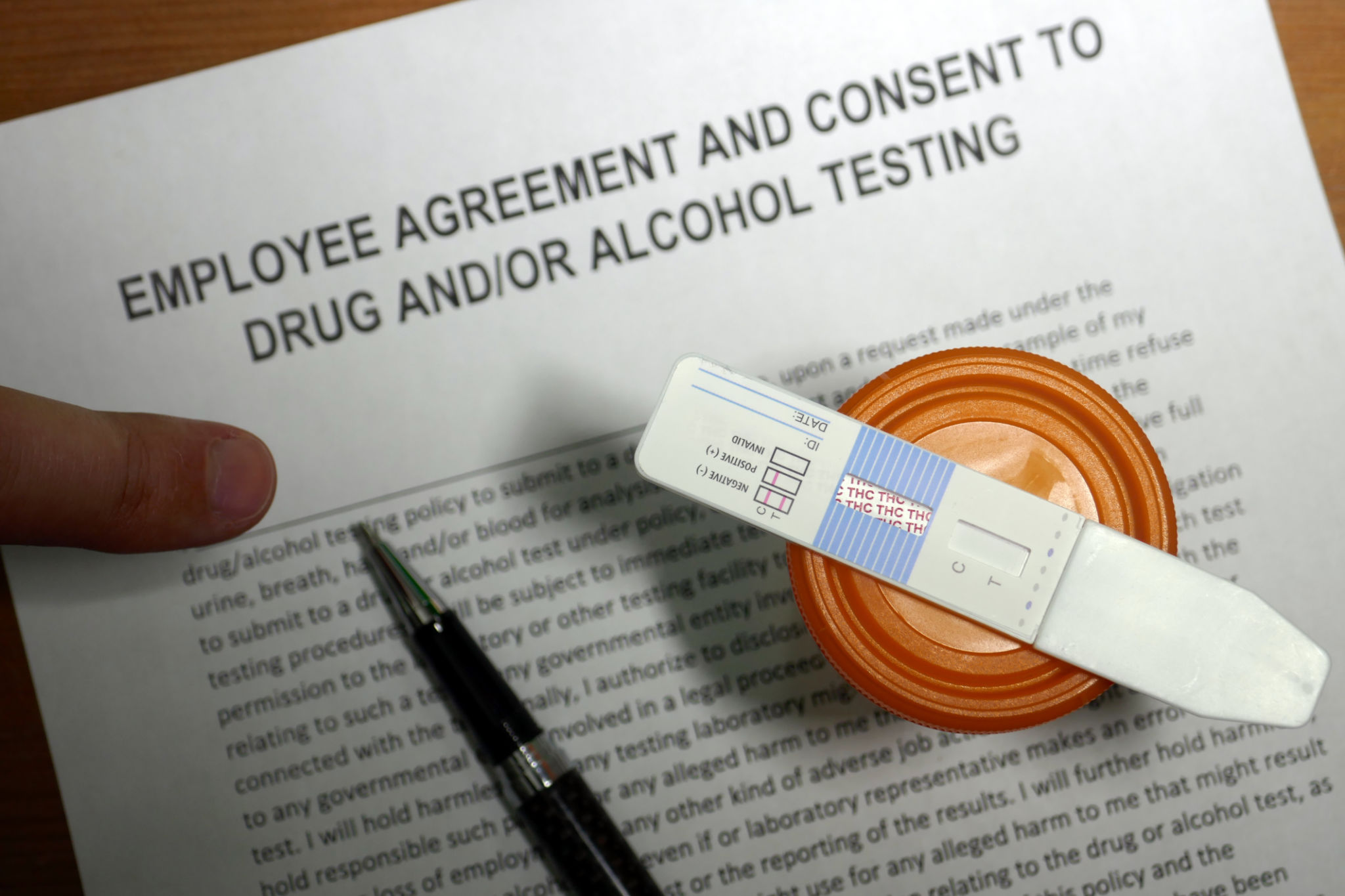Ensuring Compliance: Understanding Drug Testing Regulations in the United States
Introduction to Drug Testing Regulations
Drug testing is a critical component of workplace safety and compliance across various industries in the United States. Companies must navigate complex regulations to ensure they conduct drug testing procedures legally and ethically. Understanding these regulations is crucial for maintaining compliance and fostering a safe work environment.

Federal Drug Testing Regulations
The federal government sets the baseline for drug testing regulations, primarily through the Department of Transportation (DOT) and the Department of Health and Human Services (HHS). These guidelines focus on ensuring safety-sensitive positions, such as transportation and public safety roles, adhere to stringent testing protocols.
Under federal law, employers must follow specific procedures for drug testing, including collection methods, laboratory analysis, and maintaining confidentiality. Non-compliance can result in severe penalties, including fines and loss of federal contracts.
State-Specific Requirements
In addition to federal regulations, each state may have its laws governing drug testing in the workplace. These state laws can vary significantly, dictating when and how employers can conduct drug tests, what substances are tested for, and the consequences of positive test results.
Employers must stay informed about the specific requirements in their state to ensure compliance. This may involve consulting with legal experts or utilizing resources provided by state labor departments.

Types of Drug Testing
There are several types of drug tests that employers may use, including urine, hair, saliva, and blood tests. Each method has its own advantages, limitations, and detection windows. Employers should consider these factors when deciding which type of test to implement.
Urine tests are the most common due to their balance of cost-effectiveness and reliability. However, hair tests are gaining popularity for their extended detection periods, although they are more expensive.
Implementing a Drug Testing Policy
To ensure compliance with both federal and state regulations, employers should develop a clear and comprehensive drug testing policy. This policy should outline the purpose of testing, when tests will be conducted, substances being tested for, and procedures following a positive test result.
Incorporating employee education as part of the policy can enhance understanding and acceptance of drug testing procedures. Clear communication can help prevent misunderstandings and potential legal issues.

Challenges in Maintaining Compliance
One of the main challenges employers face is keeping up with changing regulations. Both federal and state laws may evolve over time, requiring continuous monitoring and updates to company policies.
Additionally, issues such as medical marijuana legalization add complexity to drug testing policies. Employers must balance compliance with federal law while respecting employees' rights under state laws permitting medical marijuana use.
Conclusion
Ensuring compliance with drug testing regulations in the United States requires a thorough understanding of both federal and state laws. By implementing well-defined policies and staying informed about legal changes, employers can maintain a safe workplace while avoiding legal pitfalls.
Ultimately, a proactive approach to drug testing compliance not only protects a company legally but also contributes to a healthier and more productive workforce.